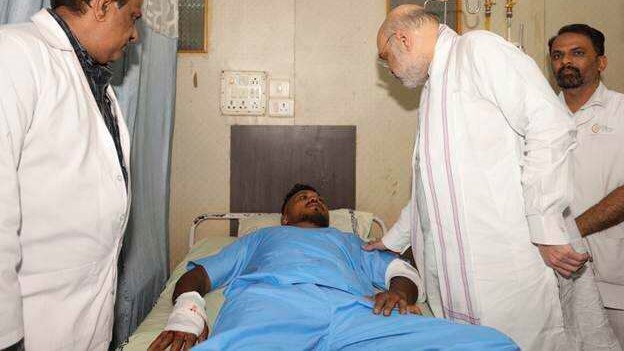Oprah's 'Menopause Revolution' challenges the silence and offers new solutions

LOS ANGELES (KABC) -- Menopause is stage in life that many women struggle with, but it's often not taken seriously.
Women accept they can't find long term solutions for hot flashes, brain fog, bone loss and fatigue, but an Oprah Winfrey special called "The Menopause Revolution" is showing women how to take charge.
Women aren't valued. They aren't seen. They feel invisible. They feel that.Author and Journalist Maria Shriver
With a panel of leading voices and renowned medical experts, Winfrey's taking on a traditionally taboo topic.
"Every night, for a solid two years with just horrible heart palpitations, I thought I was going to die," said Winfrey.
She said when she was 48, doctors never once said her symptoms could be menopause. Many women in her audience said the same.
"I started experiencing symptoms like rapid weight gain, sleepless nights," said one audience member.
"Age 48 to 52 is the average age. Perimenopause can begin as early as 45 to 46," said Dr. Rhonda Voskuhl, a neurologist with the UCLA Comprehensive Menopause Care Program.
Symptoms like hot flashes, bone loss and heart palpitations are huge concerns, but what interests her most is the effect menopause has on brain function.
"Not remembering why you walked into the room, losing verbal memory, not being able to maintain train of thought. These are domain specific problems that interfere with their job, their confidence," she said.
Voskuhl said it's because estrogen is neuroprotective.
Estradiol in hormone replacement is the most common treatment, but most doctors do not prescribe it for more than 3 to 5 years.
"Because it binds strongly to this estrogen receptor in the breast that's associated with breast cancer," said Voskuhl.
She and her team at UCLA have been studying a different form of estrogen replacement called Estriol, which she said provides all the benefits without the breast cancer concerns.
Voskuhl invented an estriol treatment called PearlPak by CleopatraRX.
"Taking it a year, we showed statistically significant improvement in cognition. Again, not just a slowing of decline, but actually an improvement," she said.
Voskuhl said women are living longer, so it's likely they may be in menopause for a third of their lives.
"It's a blessing, because it means you've actually lived long enough to actually go through it," said Shriver.
What Voskuhl likes most about being part of Oprah's "Menopause Revolution" special is that it's about women helping other women.







